Don't wanna be here? Send us removal request.
Text
The importance of preventive healthcare and regular check-ups
In today's fast-paced world, it is easy to overlook the importance of preventive healthcare and regular check-ups. We are so busy with work, family, and other commitments that we often neglect our health until we are forced to confront it. However, preventive healthcare and regular check-ups are essential for maintaining good health and preventing serious illnesses. In this blog post, we will explore the importance of preventive healthcare and regular check-ups and how they can benefit your overall health.
What is Preventive Healthcare?
Preventive healthcare involves taking steps to maintain good health and prevent illnesses before they occur. This can include measures such as eating a healthy diet, exercising regularly, getting enough sleep, managing stress, and avoiding risky behaviors such as smoking or excessive drinking. Additionally, preventive healthcare also involves regular check-ups and screenings to detect potential health problems early on, when they are most treatable.
Why is Preventive Healthcare Important?
Preventive healthcare is important for several reasons. First, it helps to detect potential health problems early on, when they are most treatable. For example, regular screenings for conditions such as high blood pressure, high cholesterol, and certain cancers can help to catch these conditions early, when they can often be managed with lifestyle changes or medications. This can prevent more serious complications down the line and improve overall health outcomes.
Second, preventive healthcare can help to prevent illnesses before they occur. By maintaining a healthy lifestyle and avoiding risky behaviors, individuals can reduce their risk of developing chronic conditions such as heart disease, diabetes, and certain cancers. This can improve overall health and quality of life and reduce the burden on the healthcare system.
Finally, preventive healthcare can save money in the long run. By detecting and treating health problems early on, individuals can avoid more costly treatments down the line. Additionally, by preventing illnesses before they occur, individuals can avoid the need for expensive medications, surgeries, and hospitalizations.
What are involved in regular health check ups?
Regular health check-ups typically involve a series of assessments and tests aimed at detecting potential health problems and maintaining good health. The specific tests and assessments performed during a check-up may vary depending on factors such as age, sex, medical history, and lifestyle factors. However, some common components of a regular health check-up may include:
Medical history: A healthcare provider will typically start by reviewing an individual's medical history, including any current or past medical conditions, medications, allergies, and surgeries.
Vital signs: A healthcare provider will typically measure an individual's vital signs, including blood pressure, heart rate, and temperature, to assess overall health and detect potential health problems such as high blood pressure or fever.
Physical exam: A physical exam may involve an examination of the head, neck, chest, abdomen, and extremities to check for any signs of potential health problems such as lumps, swelling, or abnormalities.
Blood tests: Blood tests may be performed to assess overall health and detect potential health problems such as high cholesterol, anemia, or liver or kidney problems.
Urine tests: Urine tests may be performed to detect potential health problems such as urinary tract infections, kidney problems, or diabetes.
Cancer screenings: Depending on age, sex, and other risk factors, a healthcare provider may recommend screenings for certain types of cancer, such as mammograms for breast cancer or colonoscopies for colon cancer.
Vaccinations: Vaccinations may be recommended to prevent infectious diseases such as influenza, measles, or COVID-19.
Lifestyle counseling: A healthcare provider may provide advice on healthy eating, exercise, stress management, and other lifestyle factors that can impact overall health.
Overall, regular health check-ups are an essential component of preventive healthcare and can help to detect potential health problems early on, when they are most treatable. By prioritizing regular check-ups and taking steps to maintain a healthy lifestyle, individuals can improve their overall health outcomes and enjoy more years of good health.
Who requires Preventive Health Checkup?
Preventive health checkups are recommended for everyone, regardless of age or gender. However, the frequency and type of checkups recommended may vary depending on a person's age, family history, and other risk factors for disease.
In general, healthcare providers recommend that adults undergo a comprehensive preventive health checkup at least once a year. This checkup may include a physical exam, blood tests, and other screenings based on individual risk factors. Individuals with a family history of certain health conditions, such as heart disease, cancer, or diabetes, may require more frequent checkups or additional screenings.
Children and adolescents also benefit from preventive health checkups, which may include immunizations, developmental screenings, and assessments of overall health and wellbeing.
In addition to annual checkups, healthcare providers may recommend additional screenings or interventions based on individual risk factors. For example, women may undergo regular breast cancer screenings starting at age 40, while individuals with a family history of colon cancer may need to undergo regular colonoscopies starting at an earlier age.
Overall, preventive health checkups are an essential component of maintaining good health and preventing illness. By working with healthcare providers to stay up-to-date on recommended screenings and interventions, individuals can reduce their risk of developing serious health problems and enjoy more years of good health.
Which all Preventive Health Check-ups should be considered for different age groups?
The types and frequency of preventive health check-ups recommended for different age groups may vary depending on individual risk factors and medical history. However, here are some general guidelines for recommended preventive health check-ups by age group:
Infants and Young Children: In addition to regular pediatrician visits to monitor growth and development, infants and young children may undergo screening tests for hearing, vision, and developmental delays. They will also receive vaccinations according to recommended schedules.
Adolescents: Adolescents should have regular check-ups with their healthcare provider to monitor growth and development, and to receive recommended vaccinations. Depending on individual risk factors, healthcare providers may also recommend screenings for conditions such as high blood pressure, cholesterol, or depression.
Adults (Age 20-39): Young adults should have regular check-ups with their healthcare provider to monitor overall health and wellbeing. Depending on individual risk factors, healthcare providers may recommend screenings for conditions such as high blood pressure, cholesterol, or sexually transmitted infections.
Adults (Age 40-64): Adults in this age group should have regular check-ups with their healthcare provider to monitor overall health and wellbeing. In addition to blood pressure and cholesterol screenings, healthcare providers may recommend cancer screenings such as mammograms or colonoscopies based on individual risk factors.
Older Adults (Age 65 and older): Older adults should have regular check-ups with their healthcare provider to monitor overall health and wellbeing. Healthcare providers may recommend additional screenings and interventions based on individual risk factors, such as bone density tests to screen for osteoporosis or screenings for dementia.
It's important to note that these are general guidelines, and individual recommendations may vary based on personal medical history and risk factors. Healthcare providers can work with individuals to develop a personalized plan for preventive health check-ups and screenings based on their unique needs and health history.
The Importance of Regular Check-Ups
Regular check-ups are an essential part of maintaining good health and preventing serious illnesses. While many people may only see a doctor when they are sick or experiencing symptoms, regular check-ups can help to detect potential health problems early on, when they are most treatable. Here are some of the key reasons why regular check-ups are so important:
Early Detection of Health Problems: Regular check-ups can help to detect potential health problems before they become serious. By monitoring key health indicators such as blood pressure, cholesterol levels, and blood sugar levels, healthcare providers can identify potential health problems early on and take steps to prevent them from becoming more serious. For example, if a healthcare provider detects high blood pressure during a check-up, they can recommend lifestyle changes or medications to help lower blood pressure and reduce the risk of heart disease or stroke.
Prevention of Chronic Conditions: Regular check-ups can also help to prevent chronic conditions such as diabetes, heart disease, and cancer. By monitoring key health indicators and recommending lifestyle changes such as healthy eating and exercise, healthcare providers can help individuals to maintain good health and reduce their risk of developing chronic conditions.
Improved Management of Chronic Conditions: For individuals who are already living with chronic conditions such as diabetes or heart disease, regular check-ups are essential for managing these conditions and preventing complications. By monitoring key health indicators such as blood sugar levels and cholesterol levels, healthcare providers can adjust treatment plans and recommend lifestyle changes to help individuals manage their conditions and prevent complications such as heart attacks, strokes, or kidney damage.
Peace of Mind: Regular check-ups can provide peace of mind, knowing that potential health problems are being monitored and addressed. This can be especially important for individuals who have a family history of certain health conditions or who are at higher risk due to lifestyle factors such as smoking or a sedentary lifestyle.
Vaccinations: Regular check-ups also provide an opportunity to receive important vaccinations that can prevent infectious diseases such as influenza, measles, and COVID-19. By staying up-to-date on vaccinations, individuals can help to protect themselves and their communities from the spread of infectious diseases.
What are the Benefits of Preventive Healthcare and Regular Check-Ups?
There are many benefits to preventive healthcare and regular check-ups. Some of these include:
Improved Health Outcomes: By detecting and treating health problems early on, individuals can improve their overall health outcomes and reduce the risk of serious complications down the line.
Reduced Healthcare Costs: By preventing illnesses before they occur and detecting and treating health problems early on, individuals can save money on healthcare costs in the long run.
Better Quality of Life: By maintaining good health and preventing illnesses, individuals can improve their overall quality of life and enjoy more years of good health.
Peace of Mind: Regular check-ups and preventive healthcare can provide peace of mind, knowing that potential health problems are being monitored and addressed.
Better Management of Chronic Conditions: For individuals with chronic conditions such as diabetes or heart disease, preventive healthcare and regular check-ups are essential for managing these conditions and preventing complications.
Early Detection of Cancer: Regular cancer screenings can detect cancer early on when it is most treatable, improving the chances of successful treatment and survival.
Prevention of Infectious Diseases: Vaccinations are an essential component of preventive healthcare and can prevent the spread of infectious diseases such as influenza, measles, and COVID-19.
Preventive healthcare and regular check-ups are essential for maintaining good health and preventing serious illnesses. By taking steps to maintain a healthy lifestyle and undergoing regular screenings and check-ups, individuals can reduce their risk of developing chronic conditions, detect potential health problems early on, and enjoy better overall health outcomes. Whether you are young or old, healthy or managing a chronic condition, preventive healthcare and regular check-ups should be an essential part of your healthcare routine. So make sure to prioritize your health, and schedule a check-up with your healthcare provider today.
0 notes
Text
What is the difference between PCOD and PCOS?
There is so much confusion between PCOS and PCOD. However, it is still important to have a thorough understanding of all of these conditions, as well as the differences between them. A description of these two is given below.
What exactly is PCOS?
Polycystic Ovary Syndrome is one of the most common women's health conditions in history. In such cases, the body begins to produce an abnormally high amount of androgen, which interferes with the release of eggs. This is one of the most common yet frightening complexions, and it is often recommended that women who have it seek medical attention right away.
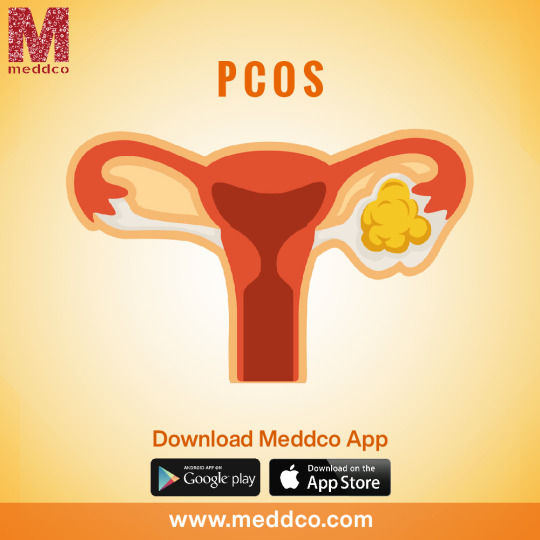
What exactly is PCOD?
Every woman's two ovaries contain a trace amount of male hormone. PCOD is a medical disorder in which the ovaries produce partially mature or immature eggs, which continue to develop into cysts. In this particular case, the ovaries swell. Many signs and symptoms can begin to emerge, assisting you in determining the existence of this condition in you. For example, irregular menstrual cycles, unusually high weight gain, and even hair loss. This disorder may often lead to infertility, which is often fatal.
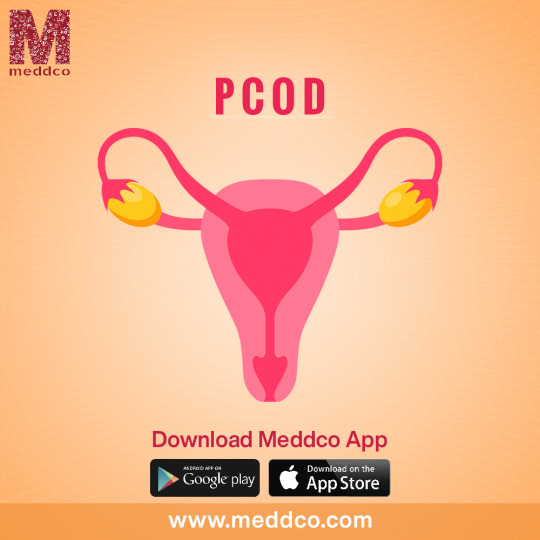
The primary differences between these two conditions
The condition known as PCOD is caused by a hormonal imbalance, while PCOS is simply an endocrine system disorder.
Until recently, PCOS was not as popular in women as PCOD.
Unlike PCOS, Polycystic Ovarian Disease does not necessarily result in infertility. Women who have PCOS are at a higher risk of infertility due to major hormonal abnormalities.
However, both of these health problems will trigger a slew of debilitating physical manifestations that are often difficult to avoid.
To read more about PCOS and PCOD click this link below and get detailed information : https://bit.ly/2SGUAij
Contact and book your gynecologist appointment via the Meddco app, or go to the Meddco website for treatment packages, online appointments, and video consultations.
Follow us on Facebook: https://bit.ly/3p1t8YH
Follow us on Instagram : https://bit.ly/3i2fxPC
Follow us on Twitter : https://bit.ly/3yP1pPq
#meddco#healthcare#pcod#pcos#diffrence#doctors gynecologist hormones#meddcohealthcare#treatment treatmentpackages
0 notes
Photo
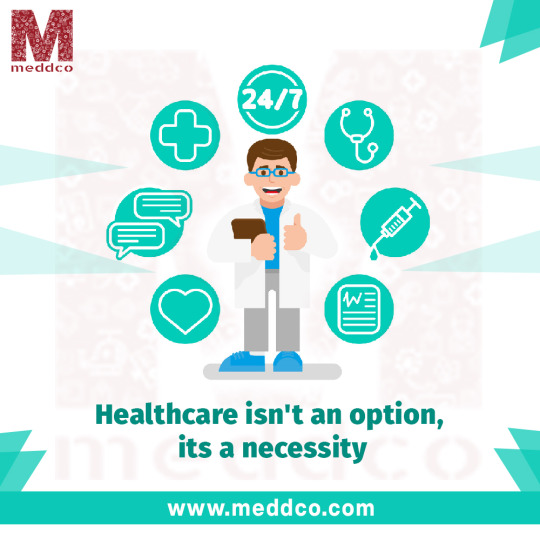
Meddco where health and affordability comes together . . #healthcare #health #covid #medicine #medical #doctor #nurse #hospital #meddco #coronavirus #doctors #wellness #healthy #affordabletreatment #surgery #pharmacy #fitness #skincare #meddco #healthcare #affordabletreatmentpackages
#meddco#meddcohealthcare#priceaffordability#treatmentpackage#health#doctors#surgery#surgeypicecomparision#corona pandemic#coronavirus#corona second wave
0 notes
Photo

Blockage in arteries, can get worst if not treated well,Get the best cardiologst only on meddco with affordable treatment package and top cardiologist at your service
0 notes
Link
Get the best ENT near you with one click and get the best treatment packages at affordable price and compare prices of surgical procedures
0 notes
Photo

Get the Best Cardiologist with affordable treatment packages
0 notes
Photo

in these tough times make sure you stay safe and keep safe everyone else
0 notes
Text
What kind of Diet One Should Follow During Pregnancy ?
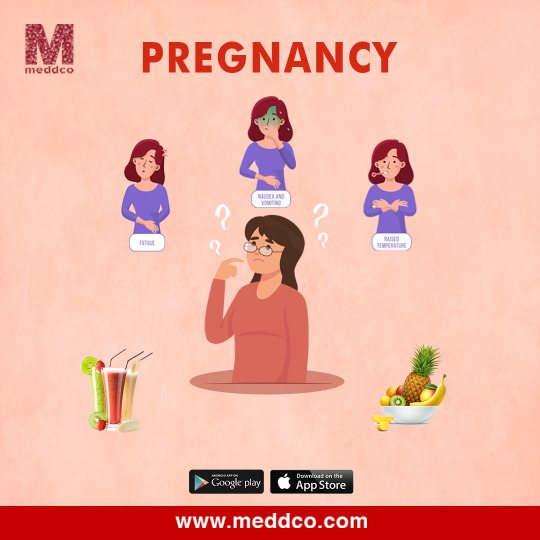
Diet one should follow.
Good nutrition during pregnancy, and plenty of it, is important for your baby's growth and development. You can eat approximately 300 more calories a day than you did before being pregnant.
While nausea and vomiting can make this difficult during the first few months of pregnancy, try to eat a well-balanced diet and take prenatal vitamins.
Certain nutrients, such as protein, iron, folic acid, and iodine, are required in greater quantities during pregnancy. It is also important to consume enough calcium.
Making wise food choices will contribute to a safe pregnancy and infant. Here are some suggestions to help you eat well when pregnant.
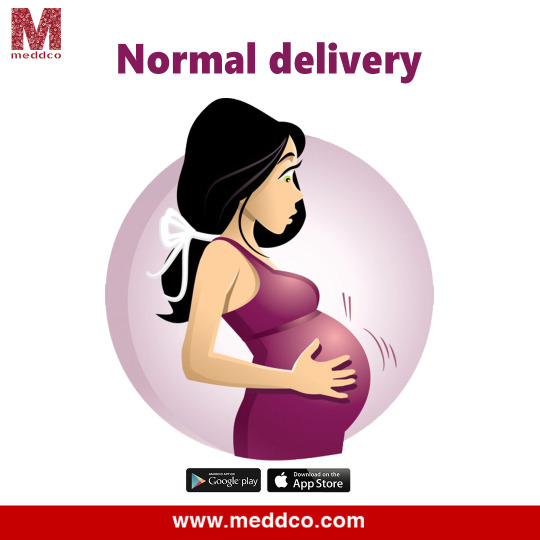
Maintain a balanced eating schedule.
Eating healthy entails adhering to a healthy eating pattern that includes a variety of nutritious foods and drinks.
Consume a wide range of vegetables, fruits, whole grains, fat-free or low-fat dairy products, and protein-rich foods.
Select foods and beverages with less added sugars, saturated fats, and sodium (salt).
Refined grains and starches, which are used in foods such as cookies, white bread, and other snack foods, should be avoided.
If you're feeling sick consider eating some whole-grain toast or other whole-grain foods.
Get the right number of calories for you.
Being pregnant does not necessitate eating twice as much food.
First trimester (first 12 weeks) – Most women do not need any extra calories during this period.
Second trimester (13 to 26 weeks) – Most women need an additional 340 calories a day.
Last trimester (after 26 weeks) – Most women need an additional 450 calories a day.
Meddco is India's largest online healthcare website, where you can choose your doctor, book appointments and consultations, also you can compare consultation fees and surgery prices and get an affordable treatment package. Make an appointment using the Meddco app or visit www.Meddco.com and get the best doctors with one click install now on playstore
To knwo read more about your pregnancy click on the link given below : https://bit.ly/3dYmUoD
0 notes
Photo
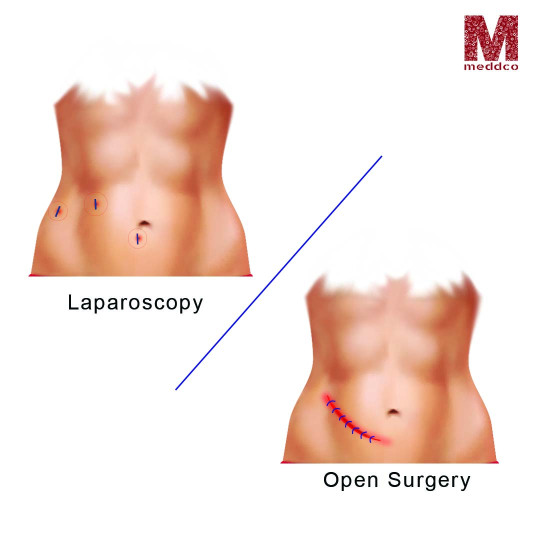
Laparoscopy is an operation performed in the abdomen or pelvis using small incisions with the aid of a camera. It cause less pain after surgery due to traditional stiches #laparoscopy
0 notes
Photo

Trouble with sensitive teeth? Dreaded even by the thought of eating your favourite ice cream? Get Dentist consultation by connecting with us.
0 notes
Link
0 notes
Link
0 notes
Link
0 notes


